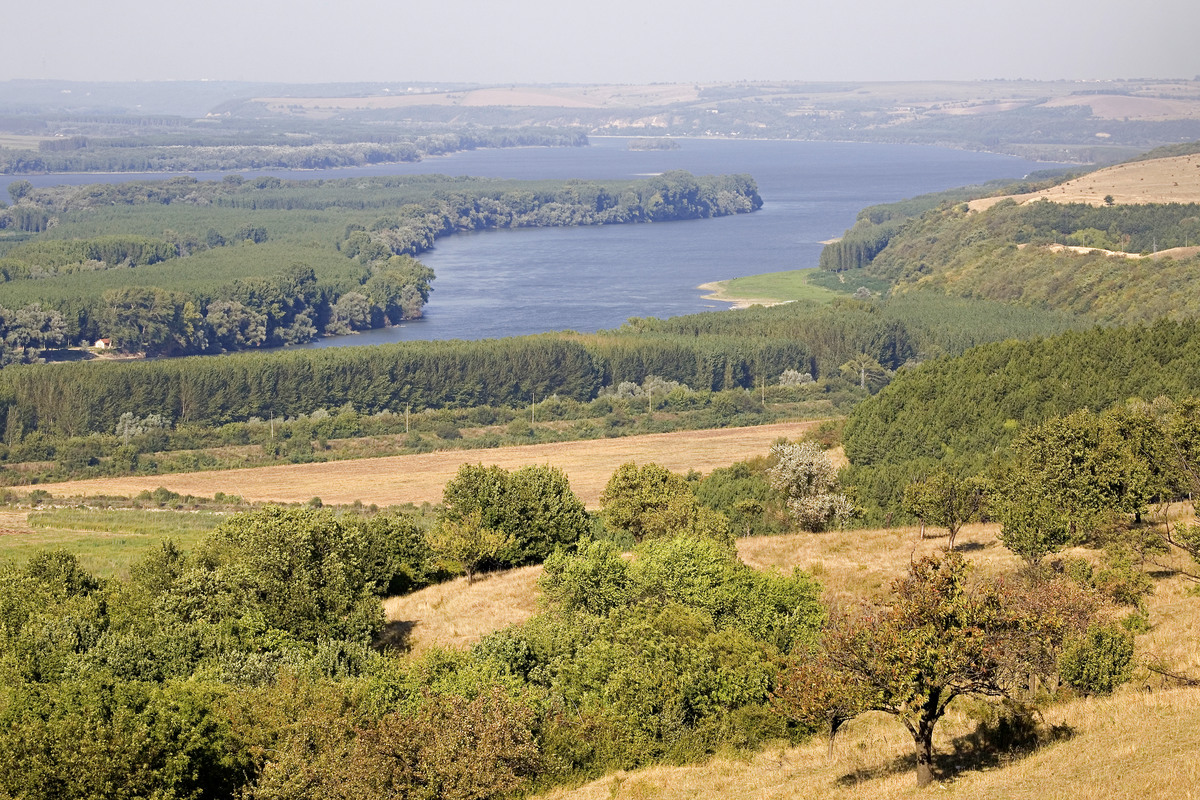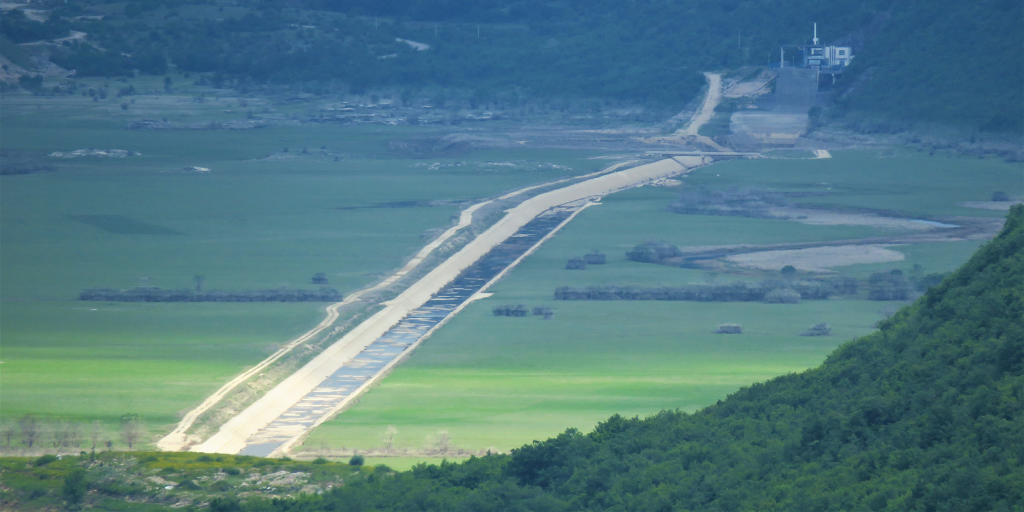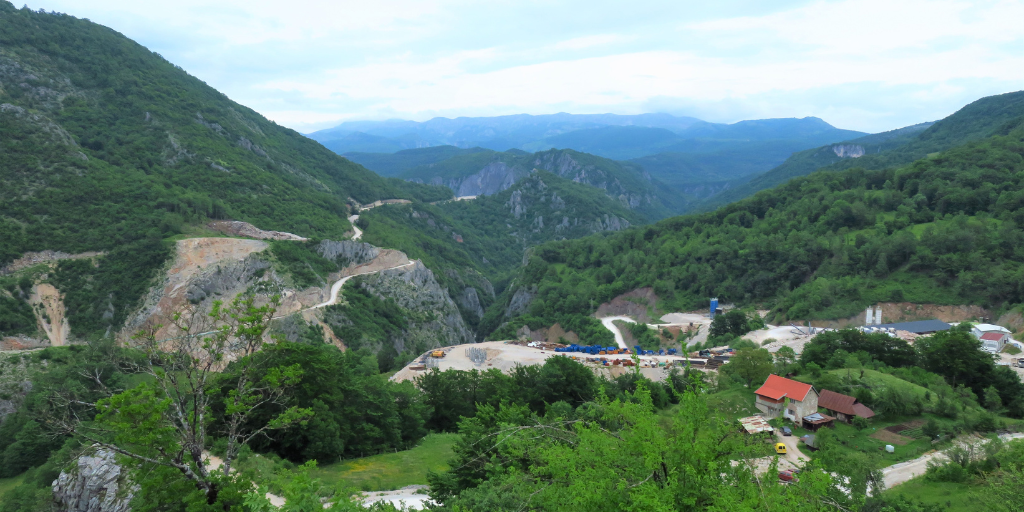A clash is raging between nature and finance. On the one hand, the EU is striving to improve the deteriorating state of nature across Europe, with initiatives like the Biodiversity Strategy 2030 and the European Green Deal. On the other, massive amounts of public money continue to flow to infrastructure projects with devastating impacts on the natural world. Our work where finance meets the natural world advocates for adequate protection and restoration projects to ensure a green future for all.
IN FOCUS
Rivers and communities
The countries of the Energy Community Treaty have diverse energy mixes, but hydropower has traditionally played a strong role in many of them. Albania is almost completely reliant on dams for its domestic electricity generation, followed by Georgia with an average of 80 per cent of electricity generated by hydropower and Montenegro with an average of 55 per cent.
EU funds and biodiversity
In May 2020, EU leaders committed to an ambitious Biodiversity Strategy for 2030, outlining the clear need to act on biodiversity loss and address the failing health of nature.
The historic amount of EU funds now available represents a golden opportunity to increase biodiversity spending and fully realise the objectives of the biodiversity strategy.
As well as addressing the biodiversity crisis, strategically supporting nature through EU funds is also one of the most effective ways to tackle climate change, while providing jobs and improved health at the same time.
Yet, with many of the previous strategy’s objectives left unachieved, the pressure now mounts for this decade. Never before has there been so much potential – and urgency – to use EU funds and investments to address the biodiversity crisis.
Related projects
Turnu Măgurele – Nikopol Hydraulic Structures Assembly on the Danube river, Romania and Bulgaria
The project, if built, would not only devastate critical habitats, leading to the potential extinction of species such as the Danube sturgeons, but also displace local communities, disrupt existing investments, and violate several EU environmental directives.
Upper Horizons hydropower scheme, Bosnia and Herzegovina
A series of dams, diversion tunnels, hydropower plants and channels will completely change the natural hydrology of eastern Herzegovina and have unpredictable impacts on wetlands, rivers and underground karst.
Ulog and Upper Neretva hydropower plants, Bosnia and Herzegovina
A 35 MW hydropower plant is currently under construction on a pristine section of the Neretva river at Ulog. Seven more plants are also planned further upstream.
Latest news
EU hails benefits of multi-billion-euro environmental action
Bankwatch in the media | 11 October, 2024Five major environmental NGOs – WWF, BirdLife, the European Environmental Bureau, Euronatur and CEE Bankwatch – proposed just such a fund earlier this week, saying it would need an annual budget of between €15bn and €25bn to implement the NRL and operate the Natura 2000 network effectively.
Read moreEuropean Parliament fails to halt disastrous hydropower project jeopardising local livelihoods and endangered species
Press release | 27 September, 2024WWF and CEE Bankwatch Network question the EU Commission’s reasons for putting this decades-old project on the Danube river on its priority investment list.
Read moreReaction to the European Court of Auditors’ report on the green transition in the EU’s recovery fund
Press release | 12 September, 2024The European Court of Auditors’ report on implementation of EU’s recovery fund, published yesterday, casts a new shadow over the contribution of the fund to the green transition.
Read moreRelated publications
Risky deal, risky business: the Khudoni hydropower plant, Georgia
Study | 26 June, 2009 | Download PDFThis report reviews documents provided by the Georgian government and the World Bank, and a number of independent research reports regarding the Georgian power sector and highlights the concerns of the local people towards the Khudoni HPP as expressed during the public hearings organized in Svaneti in summer 2008.
Letter to the World Bank regarding concerns with the public review of the environmental and social impact assessment for the Khudoni hydropower project
Advocacy letter | 18 July, 2008 | Download PDFOn July 25, 2008 the World Bank responded to our letter. Download the response as pdf here.



